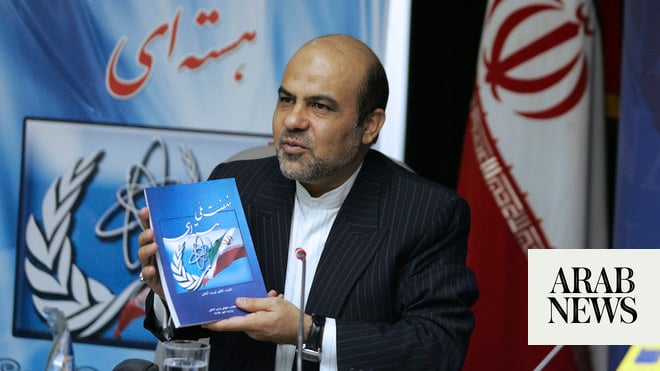
Analysts and diplomats stated that the Revolutionary Guard Corps (IRGC) apprehended a minimum of 30 individuals holding dual nationality during the past two days for charges of espionage.
This number has been sharply increasing since 2015, which witnessed sealing the international nuclear deal and therefore hope rose in a detente with the West. During the previous years, the number of detainees holding dual nationality was less than ten.
This unveils a new approach in which since that time, 19 individuals out of 30 detainees hold European nationalities. Previously, most of the detainees were Americans of Iranian origins.
Detainees’ relatives and lawyers said the IRGC were using them as bargaining chips in international relations and to put off European firms that sought business in Iran after the government agreed the deal with world powers to lift sanctions, reported Reuters.
Iranian authorities have previously denied holding detainees for ransom and accused Western governments of holding Iranians on trumped-up charges. However, relatives of dual nationals detained in Iran, their lawyers and Western diplomats, shared information such as name, date of arrest and charges, on condition neither they nor the detainees were identified, citing fear of repercussions.
Iran does not routinely announce arrests or charges and does not recognize dual nationals, whose rights to consular assistance are enshrined in the UN Vienna Convention.
In all cases, the sources said the detainees had not carried out any espionage and were arrested only because of their second citizenship. They explained their willingness to share details by saying they had been kept in the dark by both the Iranian authorities and Western governments.
Several governments argue that maintaining a low profile is in the best interests of the detainees.
“This is very much what guides our approach,” a UK government source said. Dutch Foreign Ministry spokeswoman Daphne Kerremans said identifying detainees “could get the prisoners into trouble”.
Official information on the website of former prime minister David Cameron showed that Cameron discussed with Iranian President Hassan Rouhani the case of three UK nationals of Iranian origins detained in Iranian prisons.
In 2016, Tehran released US citizens in an exchange operation after signing the nuclear deal. Only one remained in Iran, when six more US citizens (or having permanent resistance) were arrested since then.
In return, Iran says that it has nationals detained in the West for no justified reason. Kazem Gharib Abadi, deputy of foreign affairs for the High Council for Human Rights, stated earlier that more than 56 Iranians are imprisoned in the US and an undetermined number of detainees are in other states.












